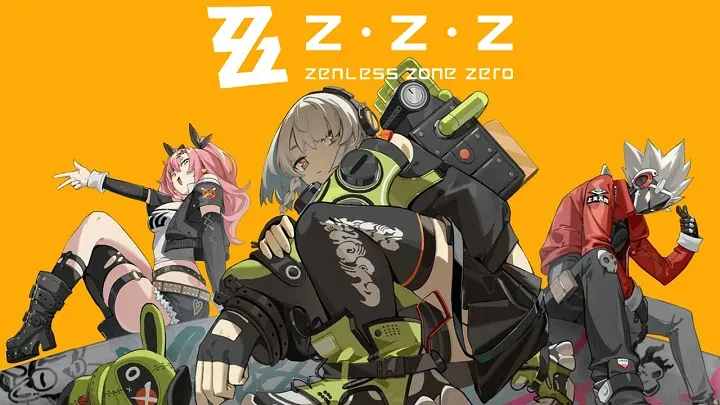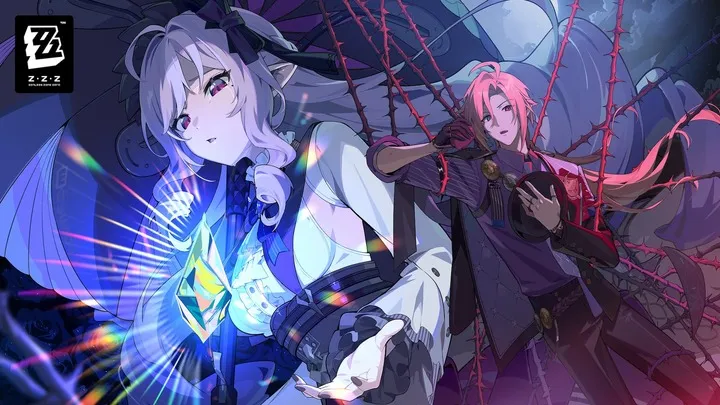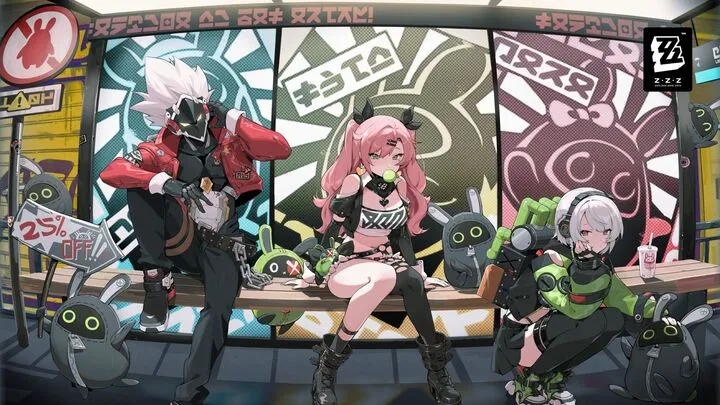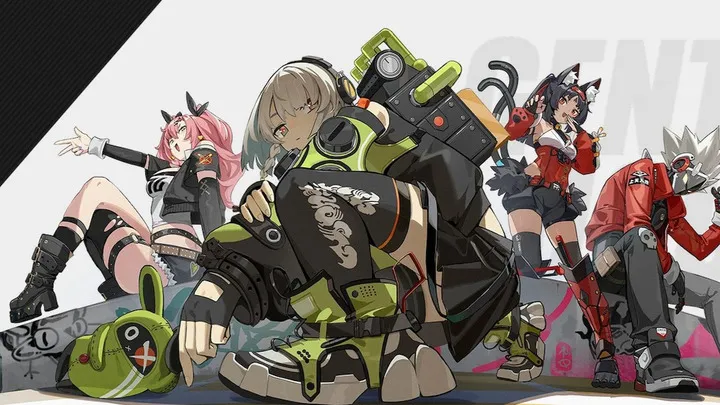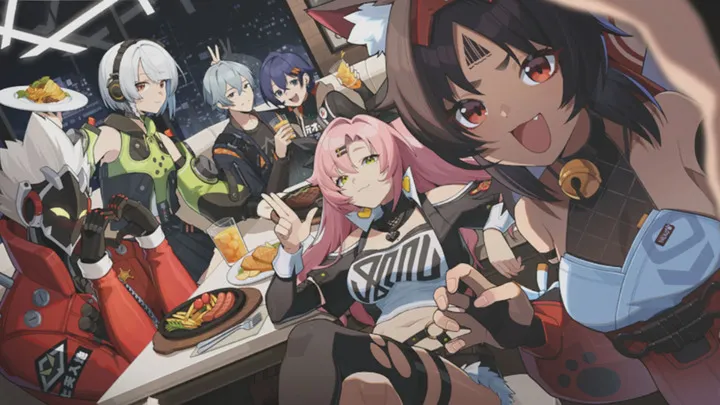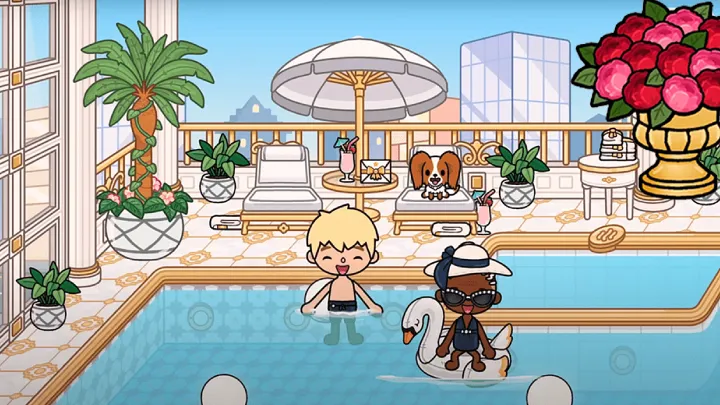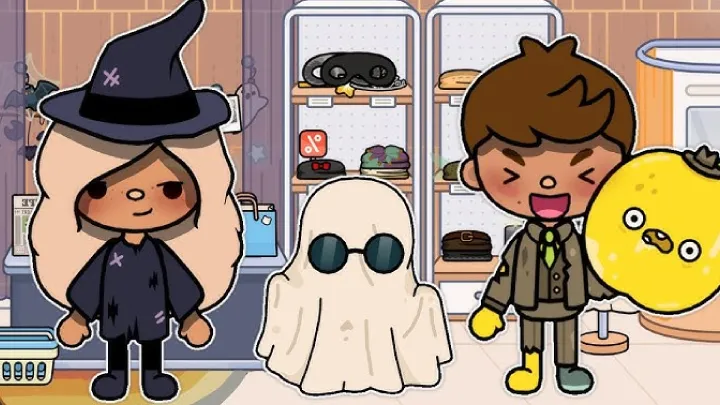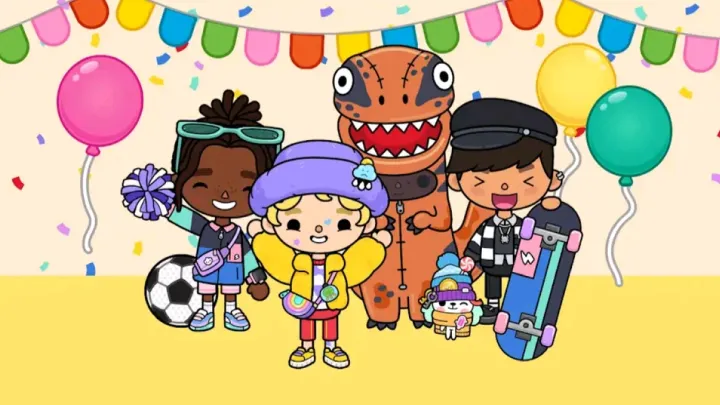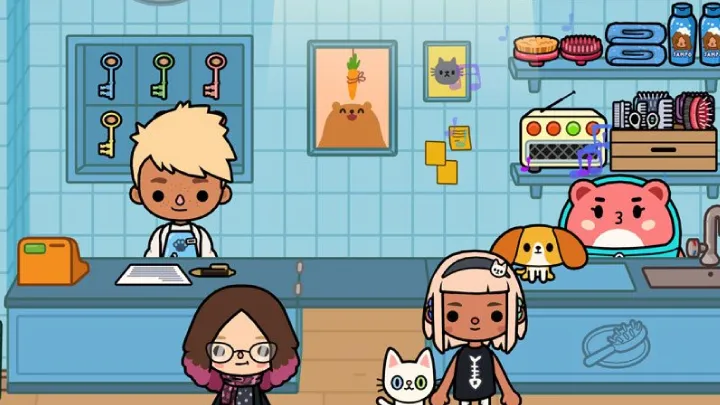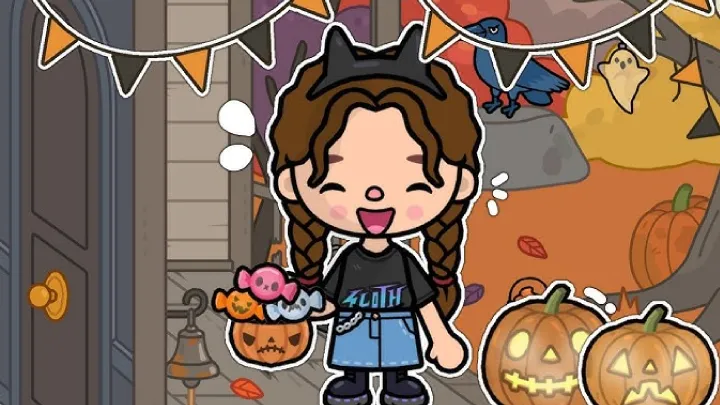Introduction
Toca Life World is an engaging digital playground designed for children, allowing them to create stories and explore various environments. While it is celebrated for its creativity and educational value, it faces significant challenges, particularly concerning in-game purchases. This article delves into the complexities and implications of this issue, examining how it affects gameplay, user experience, and the ethical considerations surrounding children’s exposure to microtransactions.
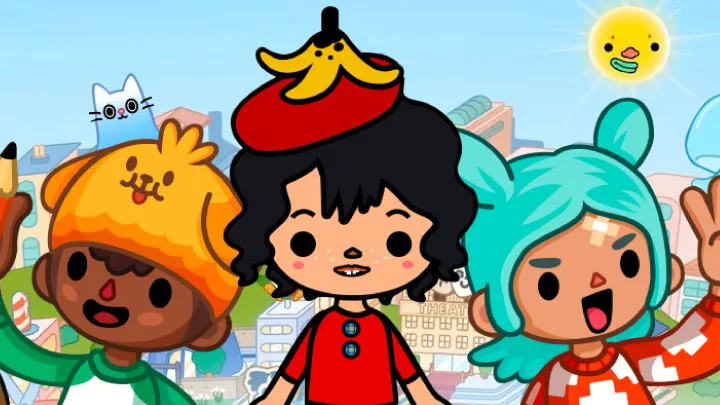
Understanding Toca Life World
Overview of Toca Life World
Toca Life World merges elements from various Toca Life games into a single expansive universe. Players can explore diverse locations, interact with characters, and create narratives. The game emphasizes imagination, enabling children to simulate real-world scenarios and learn valuable social skills through play.
The Appeal of the Game
The colorful graphics, intuitive controls, and engaging gameplay make Toca Life World appealing to children. Its open-ended nature allows for limitless creativity, which encourages exploration and storytelling. However, this freedom is often accompanied by hidden complexities, particularly concerning monetization strategies.
The Monetization Model
In-Game Purchases Explained
Toca Life World operates on a freemium model, where the base game is free, but many features and expansions require in-game purchases. Players can buy additional characters, locations, and items to enhance their experience. This model is designed to encourage users to spend money to unlock the full potential of the game.
Impact on Gameplay
While in-game purchases can enrich gameplay, they also create a divide among players. Those who cannot or choose not to spend money may find their experiences limited, hindering their ability to fully enjoy the game. This disparity can lead to frustration and may discourage continued engagement with the game.
The Ethical Implications
Children and Consumerism
One of the most pressing issues surrounding Toca Life World is the ethical implications of exposing children to in-game purchases. Young players may not fully understand the value of money or the concept of spending on virtual items. This can lead to a normalization of consumerist behaviors at a young age, which raises concerns among parents and educators.
Parental Controls and Responsibilities
To mitigate these concerns, Toca Boca has implemented parental controls, allowing guardians to manage in-game purchases. However, the effectiveness of these controls depends largely on parental engagement and awareness. Many parents may not be fully informed about the game’s monetization practices, leaving children vulnerable to unregulated spending.
The Psychological Impact
The Allure of Microtransactions
Microtransactions are designed to be enticing, often leveraging psychological triggers such as scarcity and exclusivity. In Toca Life World, limited-time offers or exclusive items can create a sense of urgency, prompting young players to persuade their parents to make purchases. This manipulation of desire can have lasting effects on children’s perceptions of value and satisfaction.
Long-term Behavior Patterns
Research indicates that early exposure to microtransactions can influence long-term spending habits. Children who frequently engage in in-game purchases may carry these behaviors into adolescence and adulthood, leading to a normalization of spending on non-essential digital goods. This trend raises concerns about financial literacy and responsible consumer behavior in future generations.
The Community Response
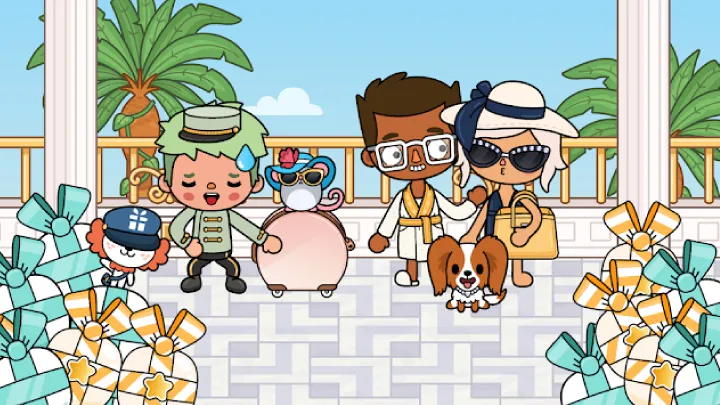
Player Feedback
The Toca Life World community has voiced mixed opinions regarding in-game purchases. Some players appreciate the ability to customize their experience, while others express frustration over the cost barriers that restrict access to content. Online forums and social media platforms serve as spaces for players to share their experiences and advocate for changes in the game’s monetization strategy.
Calls for Transparency
In response to community concerns, there have been calls for greater transparency regarding in-game purchases. Players seek clearer communication about what is available for free and what requires payment. Increased transparency could help players make informed decisions, reducing feelings of frustration and confusion.
Alternatives to In-Game Purchases
Expanding Free Content
One potential solution to the challenges posed by in-game purchases is to expand the free content available in Toca Life World. By offering more locations, characters, and items without charge, Toca Boca could enhance the gameplay experience for all users, regardless of their financial situation.
Subscription Models
Another alternative is the introduction of a subscription model, where players pay a monthly fee for access to all content. This approach can provide a more equitable experience, reducing the pressure to make individual purchases while ensuring a steady revenue stream for the developers.
The Role of Developers
Ethical Development Practices
Game developers have a responsibility to consider the impact of their monetization strategies on players, especially children. Ethical development practices should prioritize user experience over profit, ensuring that all players have access to a fulfilling gameplay experience.
Engaging with the Community
Engaging with the player community can provide valuable insights for developers. By actively seeking feedback and addressing concerns, Toca Boca can foster a more positive relationship with its user base, ultimately leading to improved game design and player satisfaction.
The Future of Toca Life World
Adapting to Player Needs
As the gaming landscape evolves, Toca Life World must adapt to meet the changing needs of its players. This includes reassessing its monetization strategy to create a more inclusive environment. By prioritizing player feedback and ethical practices, Toca Boca can position itself as a leader in responsible game development.
Innovations in Gameplay
Innovations in gameplay and content delivery can also enhance the Toca Life World experience. Exploring new mechanics, such as player-generated content or collaborative storytelling, can provide fresh engagement opportunities without relying heavily on in-game purchases.
Conclusion
The issue of in-game purchases in Toca Life World presents a multifaceted challenge that affects gameplay, user experience, and ethical considerations. While the game offers a rich and imaginative environment for children, the monetization model raises important questions about consumerism and financial literacy. By addressing these concerns and exploring alternative strategies, Toca Boca can enhance the player experience and foster a healthier gaming environment for future generations.








